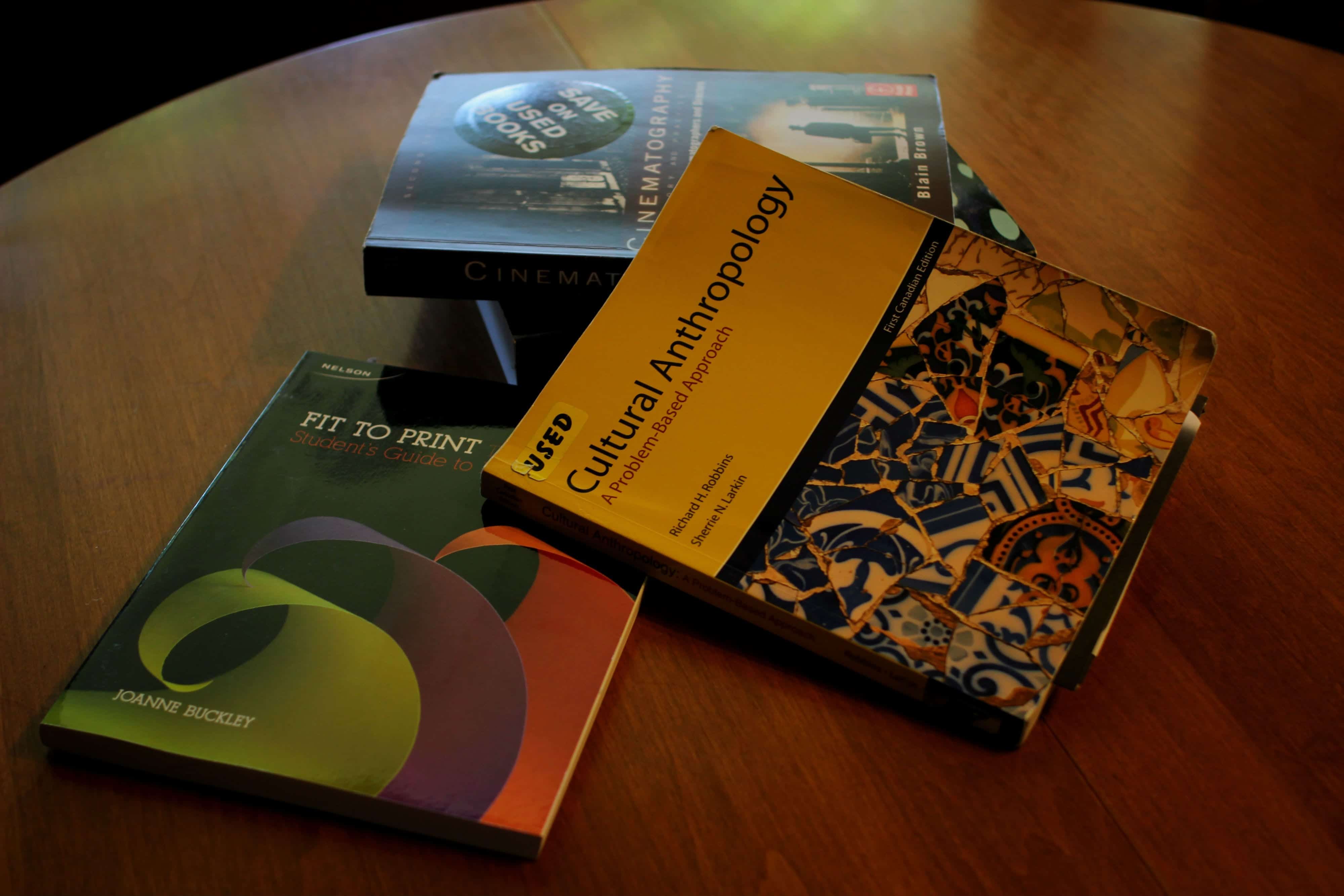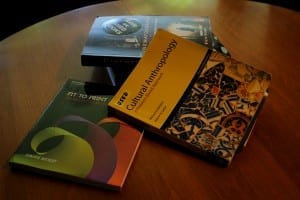
Does Economics even belong in the Arts faculty?
When I reflect on the four years of education I have had, many things stand out for me. Being an Arts student, I have a constant fear of “being unemployable” hanging over me. This is why I am doing a Combined Major in Economics and History with a Minor in Geography; diversity is an asset for an Arts major. As a result of this, I have encountered many professors from different departments. I had many enlightening experiences in my classes, whether geography, history, political science or philosophy. And yet the same cannot be said for most of my Economics classes. Far from being intellectually stimulating, the teaching of Economics goes against what a proper Arts faculty should stand for.
I remember entering university with a desire to do something related to history, for I had an exceptional high school history teacher. Then I saw the aforementioned Combined Major program and decided to do take economics classes as well. At that time the 2008 financial crisis was fresh in the news, and I figured economics would be useful to know in the future. It was fun to learn at first; my Econ 100 class was one of the few classes where we got out of our chairs to do something. However, as I entered the main theory classes (201 and 202), my brain soon became dulled by the repeated use of jargon and graphs. I remember sitting stunned in my microeconomics class as the professor described the concept of utility with numbers he just pulled from thin air. What did a utility of 18 mean? And why did he go from 20 to 18 utility in one step but 18 to 14 in the next step? Gradually, I could no longer believe that this was what moved the world. As I continued my education, that feeling was reinforced. I began to lose count of how often the words “equilibrium, rational, self-interested, flexible”, and “perfect competition” appeared in my economics classes, regardless of their specific focus. Meanwhile, my other classes managed to surprise me with what they had to offer. In all my other Arts classes, there was something about them that let the human element behind whatever was being taught come to life. It was interesting to hear about all of the people behind the theories and events that were being taught, as well as their actions. By contrast, economics classes took the dynamism of individuals and sterilized it through one of its many graphs. Events that would seem exciting in one class became dull in economics as human reasoning was dropped in favour of supply-and-demand shifts; what seemed improbable was described as inevitable.
I cannot continue this article without acknowledging the kindness and generosity of the Econ profs I have had to date. They, along with many other profs, have ensured that my time as a U of R undergrad will be remembered fondly. However, they are good people who teach a bad subject. Economics today is an outlier in the Arts because it does not teach critical thinking. Rather, it is a series of equations and graphs tied to the real world by the flimsiest of reasons. The sooner Economics escapes its love of math and acknowledges its non-science status, the more at home it will be in the Arts.










I’d like to ask if you’d teach a business course without widgets – a necessary abstraction to get to the core of the lesson.
But speaking specifically to experience, I have had professors describe changes in utility of drug use – utils of drug use increasing due to addiction pains, social pressures, etc. And then talk about the utils of avoiding – jail time, health, etc. Your examples from 201 & 202 are from classes that intentionally are abstract. Teaching the basics you use in classes like health Econ, Econ of crime. International Econ. The classes designed to teach abstractions and basics teach abstractions and basics. The classes designed to teach real world applications and their ilk utilize these and then dig down into what goes into a utility calculation.
Just like physics uses symbols to represent real things, economics uses utils to represent real decision making processes.